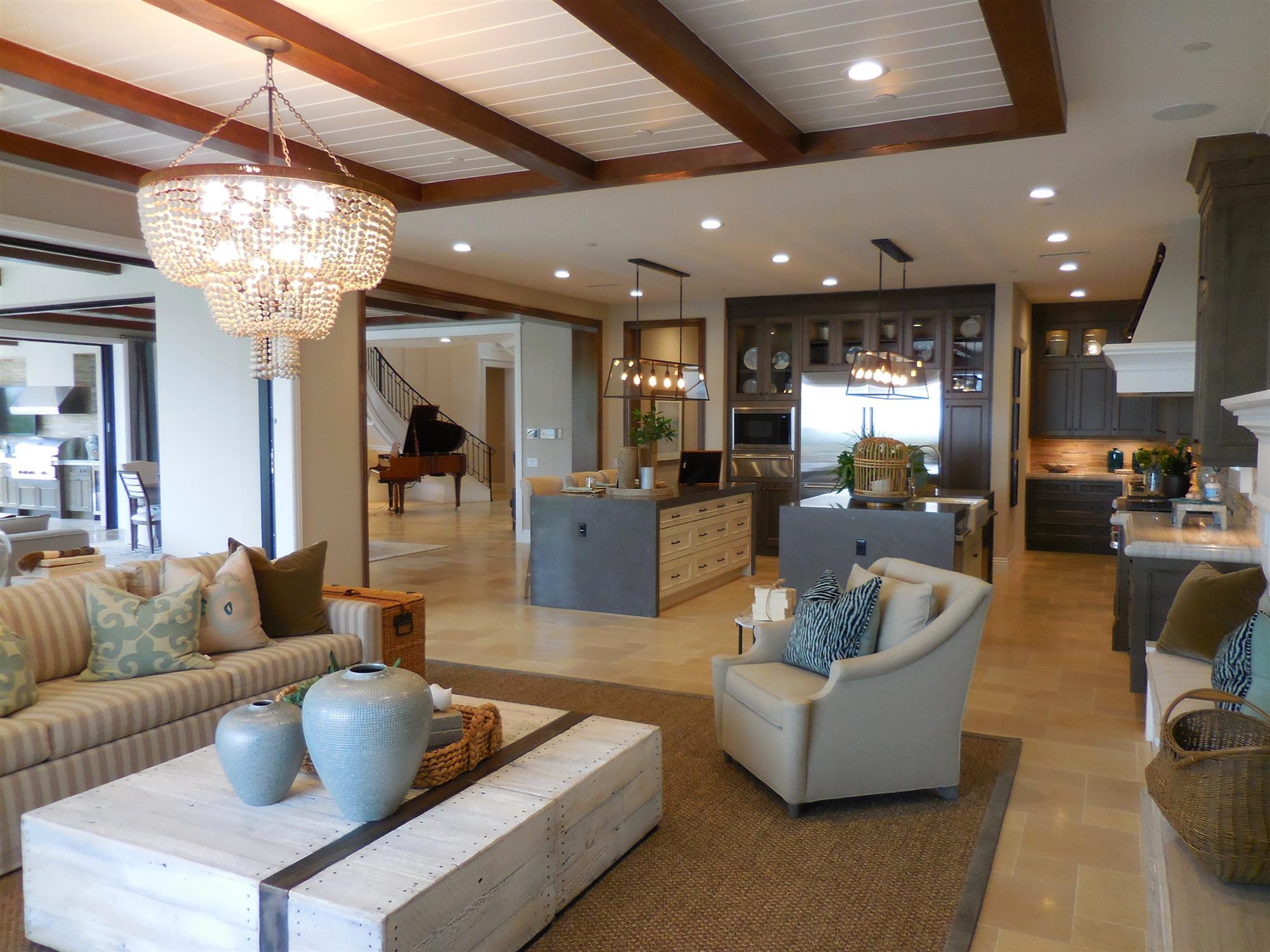 Branded residence, a concept that first started in the US in the 1920s, has become a global phenomenon in the past two decades. Traditionally, branded residences have been luxury residential projects co-located or affiliated with well-known hotel brands that provide its residents hospitality services typically offered at a premium hotel. However, with the growth in the sector, standalone branded residences have also been developed across major cities and holiday destinations in the world.
Branded residence, a concept that first started in the US in the 1920s, has become a global phenomenon in the past two decades. Traditionally, branded residences have been luxury residential projects co-located or affiliated with well-known hotel brands that provide its residents hospitality services typically offered at a premium hotel. However, with the growth in the sector, standalone branded residences have also been developed across major cities and holiday destinations in the world.While in the past, these projects were primarily focused on the affluent and high-income households, the trend has witnessed a shift in recent times due to the evolving market dynamics and changing consumer base and preferences. As a result, several upper-upscale, upscale and even midscale hotel brands have entered this space. Marriott (the market leader in this segment), Four Seasons, Hilton, Accor, Banyan Tree and IHG are some of the leading players in the segment.
This space has also witnessed the entry of non-hotel brands ranging from luxury fashion houses like Armani and Versace to car manufacturers such as Porsche and Aston Martin, intending to use residential real estate as an extension of their respective brands. The US is the largest branded residences market in the world with over 180 completed projects, followed by Thailand and the UAE.
Branded residences, still a niche concept in India
Branded residence, which is still a niche concept in India, is another opportunity that the players in the Indian hospitality sector should seriously evaluate in the post-COVID era. A well-designed hotel-branded residence offers a win-win model for the key stakeholders involved – the homeowner, the developer, and the hotel operator.
The lack of transparency in the Indian real estate sector in the past has meant that most homeowners prefer to buy residences affiliated with a well-established ‘brand’. In case of branded residences, the homeowners benefit with a prestigious home with premium services and amenities without having to worry about the day-to-day upkeep of the property, while the brand-affiliation helps the developers to differentiate their projects in the fiercely competitive residential market as well as win the buyer’s trust and confidence. Industry research indicates that globally branded residences achieve a premium of 30-35% compared to their non-branded counterparts.
Meanwhile, hotel operators can not only earn royalty/licensing fee by leveraging their brand through the affiliation but can also diversify their revenue stream through end-to-end property management. They provide a complete gamut of services such as concierge facilities, housekeeping, laundry, maintenance, and F&B services, while ensuring rigorous COVID-related cleanliness & sanitization protocols.
Branded residences are likely to become an increasingly preferred choice for the experience-driven millennial Indian looking to buy a hassle-free apartment in the post-COVID era. Moreover, the concept of second homes is growing in India, with people aiming to own second homes at destinations where they can drive to for a short break, which can be another target market for branded residences in the country.
The pandemic has allowed Indian hoteliers to think out-of-the-box by adapting to the evolving market dynamics and introducing new services. As the sector embarks on the path to recovery, hoteliers now need to test waters in the branded residences segment to diversify their risks and revenue streams further, by evaluating the various models and identifying the best-fit for the Indian market.
About Akash Datta
Akash Datta, HVS Senior Vice President - Consulting and Valuation, leads consulting engagements, encompassing market studies, feasibility studies, strategic planning, valuation, and forecasting. Akash has spent nearly 13 years in the hospitality industry having successfully worked with International Hotel and Consulting firms such as Hilton, JLL and HVS in South Asia and the Middle East. In 2005, Akash started his Consulting career with HVS as an analyst following which he undertook his MBA in International Hospitality Management with concentration in Real Estate Finance from IMHI ESSEC in Paris, France. Known for his industry insights, Akash works with leading companies, private clients, industry groups, and global networks. Contact Akash at +91 989 9517 404 or [email protected].
About Dipti Mohan
Dipti Mohan, Associate Vice President - Research with HVS South Asia, is a seasoned knowledge professional with extensive experience in research-based content creation. She has authored several ‘point of view’ documents such as thought leadership reports, expert opinion articles, white papers, and research reports across industries including hospitality, real estate, infrastructure, cement, and construction. Contact Dipti at [email protected]


0 Comments
Success
It will be displayed once approved by an administrator.
Thank you.
Error